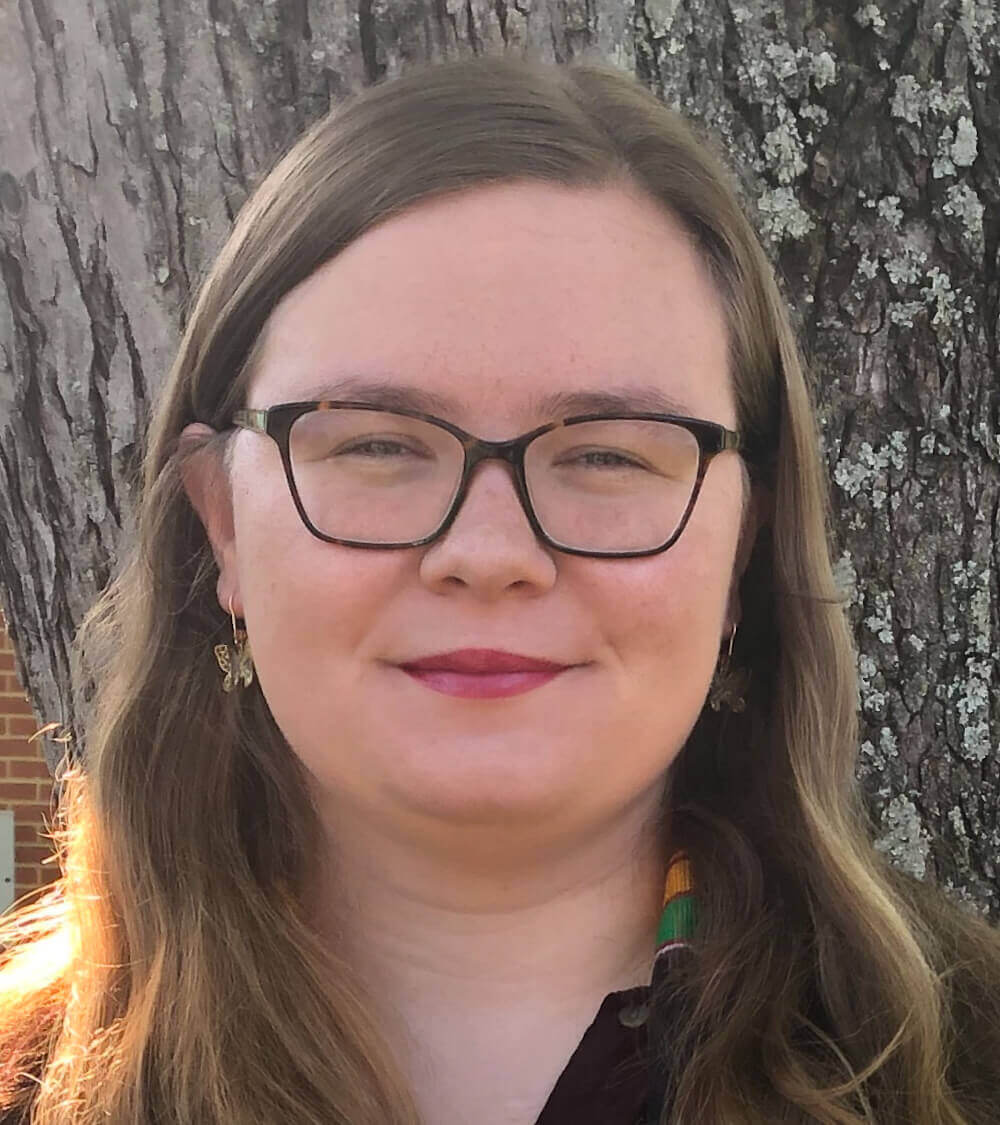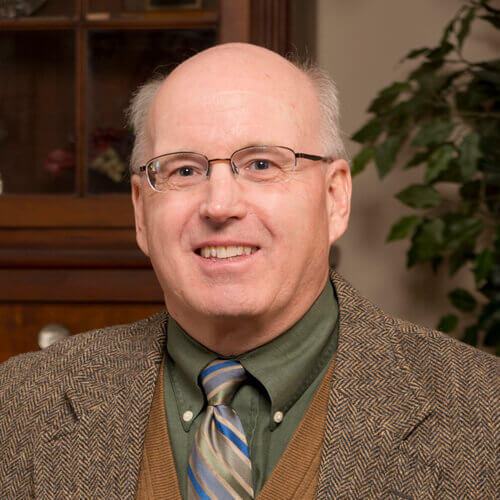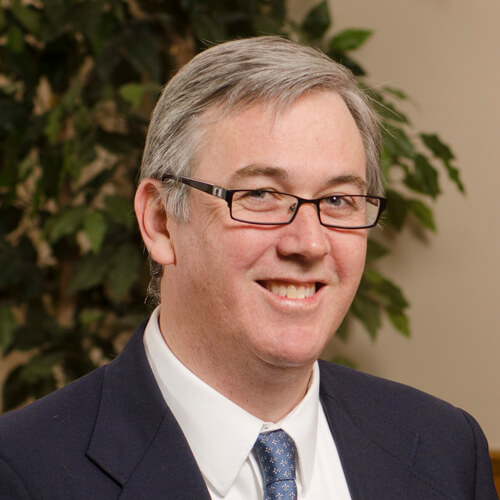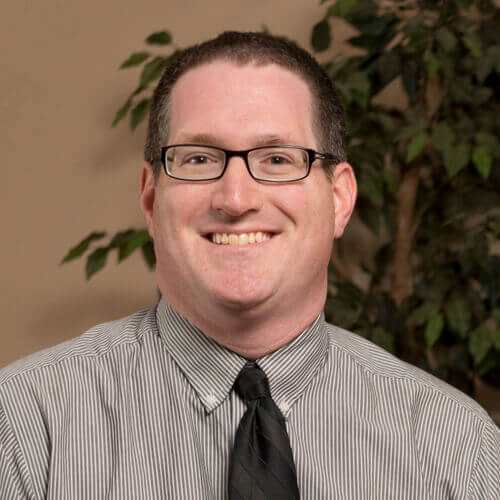Why study Religion at MC?
Studying religion at Maryville College means learning to understand a complex and rapidly changing world. Religion majors grapple with enduring questions about what it means to be human and they study the rich variety of responses that different human cultures have produced, from the Bible to the teachings of the Buddha. But studying religion also means seeking meaning in the world today: it means contemplating your own place in the universe, understanding why some religious people commit their lives to social justice and others commit violence, examining religious pluralism in the United States, and traveling to any number of our study abroad sites–from India to Argentina to Ghana–to encounter new religious worlds. And religion majors learn skills that are most prized by today’s employers: independent research, precise speaking and writing, and an understanding of diversity.
Meet a Current Scot

Amelia Shelton
Hometown: Lenoir City, Tennessee
Amelia chose the Religion major because she has always found religion to be a fascinating and rewarding subject. She intends to go on to seminary and pursue a doctorate in Theology and believes that a solid understanding of what others believe – as well as what religion is, as an institution – is important. As the recipient of the Isaac Anderson Fellowship, she not only has the opportunity to study religion at MC, but also to involve herself with spiritual life on campus.
“MC is an excellent place to study religion as you get to work closely with instructors who are very passionate and knowledgeable about their field, as well as experience religion from many different lenses,” she said.
Meet a Recent Grad

Natalie Tankersley ’20
Currently: Attending Lincoln Memorial University Duncan School of Law
Natalie wanted to be a Religion major because it seemed to be a combination of her two favorite subjects: English and history. She quickly learned she also would experience sociology, psychology, language and anthropology. That interdisciplinary background inspired her to think about issues from every side possible, which helped with internships with Centro Hispano and Allies of Knoxville’s Immigrant Neighbors (AKIN). In law school today, she plans to pursue immigration law and is currently assisting with asylum and refugee cases.
“The Religion major at MC prepared me for graduate school because it taught me to read, think and write critically,” she said.



